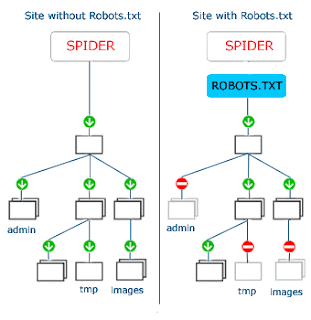Panda 26th update is rolling out on 18 July 2013
Google has confirmed a Panda update
is rolling out and this specific update is “more finely targeted.”
In the last few days
we’ve been pushing out a new Panda update that incorporates new signals so it
can be more finely targeted.
.jpg)
Google’s Panda update has had a major impact on search
results and it isn’t a one time event since Panda updates continue to roll out.
Panda update was rolling out, but this panda update is
"Softer" than the previous updates.
where many webmasters who were originally hit by the
algorithm are now claiming recovery. Google has confirmed a Panda update is
rolling out and this specific update is "more finely targeted."
Barry Schwartz over at Search Engine Roundtable noticed
people at Webmaster World talking about “another shuffle taking place in
Google” as pretty much occurs all the time. Panda was suspected, and according
to Scwhartz, Google has confirmed that Panda is indeed the culprit. He shares
this statement at Search Engine Land:
Google has indicated in the past that it would no longer be
confirming Panda updates, but apparently they changed their minds. Schwartz
quotes the company as saying this one is “more finely targeted”.
History of Google Panda
Updates (Google Panda Refresh):
Panda
#26 on July 18th
|
Panda
#25 on March 15th
|
Panda
#23 on Decembar 21th
|
Panda
#24 on January 22th
|
Panda
#22 on November 21th
|
Panda
#21 on November 5th
|
Panda
#20 on September 27th
|
Panda
3.9.2 on September 18th
|
Panda
3.9.1 on August 20th
|
Panda
3.9 on July 24th
|
Panda
3.8 on June 25th
|
Panda
3.7 on June 9th
|
Panda
3.6 on April 27th
|
Panda
3.5 on April 19th
|
Panda
3.4 on March 23rd
|
Panda
3.3 on about February 26th
|
Panda
3.2 on about January 15th
|
Panda
3.1 on November 18th
|
Panda
2.5.3 on October 19/20th
|
Panda
2.5.2 on October 13th
|
Panda
2.5.1 on October 9th
|
Panda
2.5 on September 28th
|
Panda
2.4 in August
|
Panda
2.3 on around July 22nd
|
Panda
2.2 on June 18th
|
Panda
2.1 on May 9th
|
Panda
2.0 on April 11th
|
Panda
1.0 on February 24th
|














